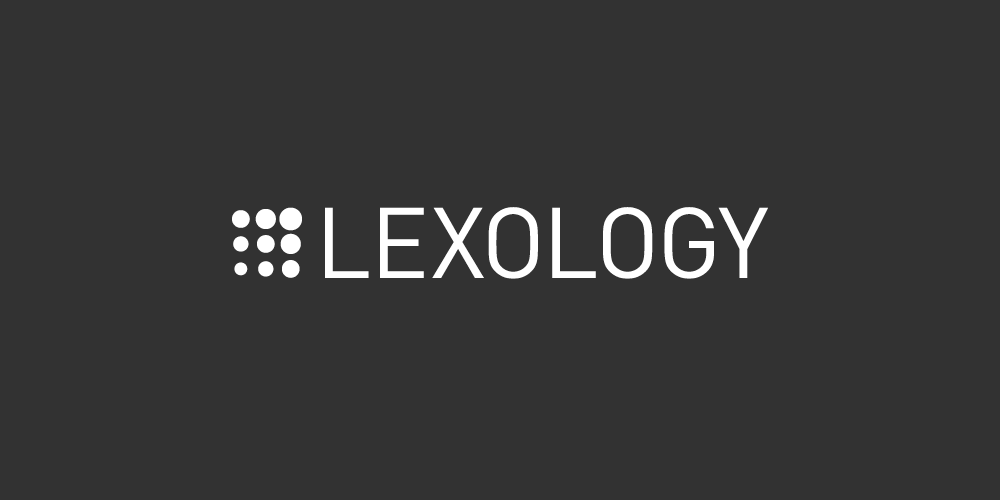
is whether the use of the trademark in the NFT causes confusion or deception among consumers. If it does, the trademark owner may have a valid claim of infringement.
Copyright and NFTs
Copyright plays a significant role in the creation and sale of NFTs, especially when it comes to digital artwork or other creative content. South Africa, like many other countries, grants automatic copyright protection to original works once they are fixed in a tangible form.
When an NFT represents copyrighted content, such as a digital artwork, the copyright owner retains the exclusive rights to reproduce, distribute, perform, and adapt the work. Ownership of the NFT itself does not grant the buyer any usage rights to the underlying copyrighted work unless specified in the NFT’s contract or terms of sale.
Potential drawbacks of NFTs
While NFTs offer various benefits, they also come with potential drawbacks. One concern is the potential for copyright infringement and the unauthorized use of trademarks in NFTs. As the creation and sale of NFTs are often unregulated, it opens the door for misuse of intellectual property rights.
Another concern is the environmental impact of NFTs. The process of minting NFTs requires a significant amount of energy and contributes to carbon emissions. As the market for NFTs continues to grow, it is important to consider the environmental implications and explore sustainable alternatives.
Legal considerations for NFT creators and buyers
For NFT creators, it is essential to ensure that their NFTs do not infringe upon the copyrights or trademarks of others. Conducting thorough research and obtaining appropriate permissions or licenses for any copyrighted or trademarked content used in an NFT is crucial to avoid legal issues.
Buyers of NFTs should also be cautious and verify the authenticity of the digital assets and the ownership rights associated with the NFT. Due diligence is necessary to avoid purchasing NFTs that may infringe upon the rights of others or that are not backed by authentic and original content.
Enforcement considerations
Enforcing intellectual property rights in the context of NFTs can be challenging. The decentralized and anonymous nature of blockchain technology makes it difficult to track down and hold infringers accountable. Intellectual property owners must be proactive in monitoring and protecting their rights in the digital realm.
Practical considerations for NFT creators and buyers
NFT creators should consider incorporating clear terms of use and licensing agreements in their smart contracts to regulate the use, reproduction, and distribution of the underlying content. These provisions can help protect their intellectual property rights and add value to their NFTs.
Buyers should be mindful of the rights associated with an NFT and whether they align with their expectations. Understanding the limitations of ownership and usage rights is crucial to avoid any potential legal disputes.
Final observations
NFTs have the potential to revolutionize the art, entertainment, and gaming industries by providing new avenues for monetization and provenance. However, the convergence of NFTs with copyright and trademark law poses unique challenges and opportunities.
As the use of NFTs continues to evolve, it is essential for South African creators, buyers, and intellectual property owners to stay informed about the legal landscape and navigate these emerging technologies with caution.
Conclusion
NFTs have captured the world’s attention, offering a novel way to own and trade digital assets. In South Africa, the emergence of NFTs presents both opportunities and challenges in the realm of intellectual property rights.
Understanding the interplay between NFTs, trademarks, and copyright is crucial for creators, buyers, and intellectual property owners. The potential benefits of NFTs, such as monetization opportunities and proof of authenticity, must be weighed against the potential drawbacks and legal considerations.
With proper legal and practical considerations, NFTs have the potential to empower South African creators, expand global reach, and provide innovative licensing solutions. However, it is essential to navigate the world of NFTs responsibly and with respect for intellectual property rights.






